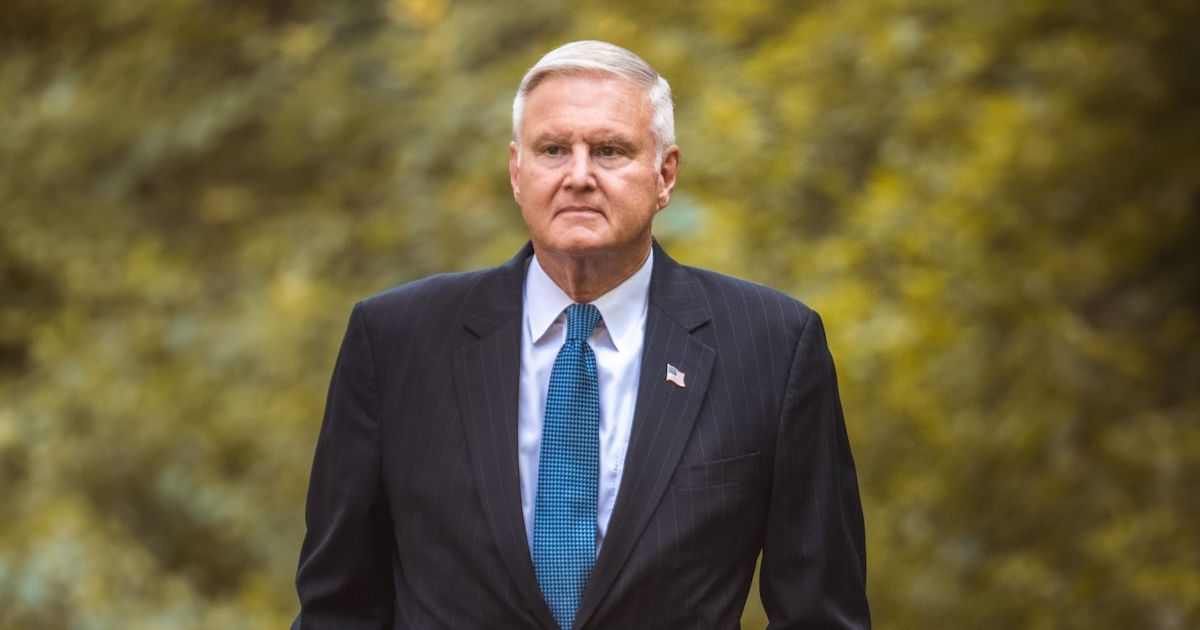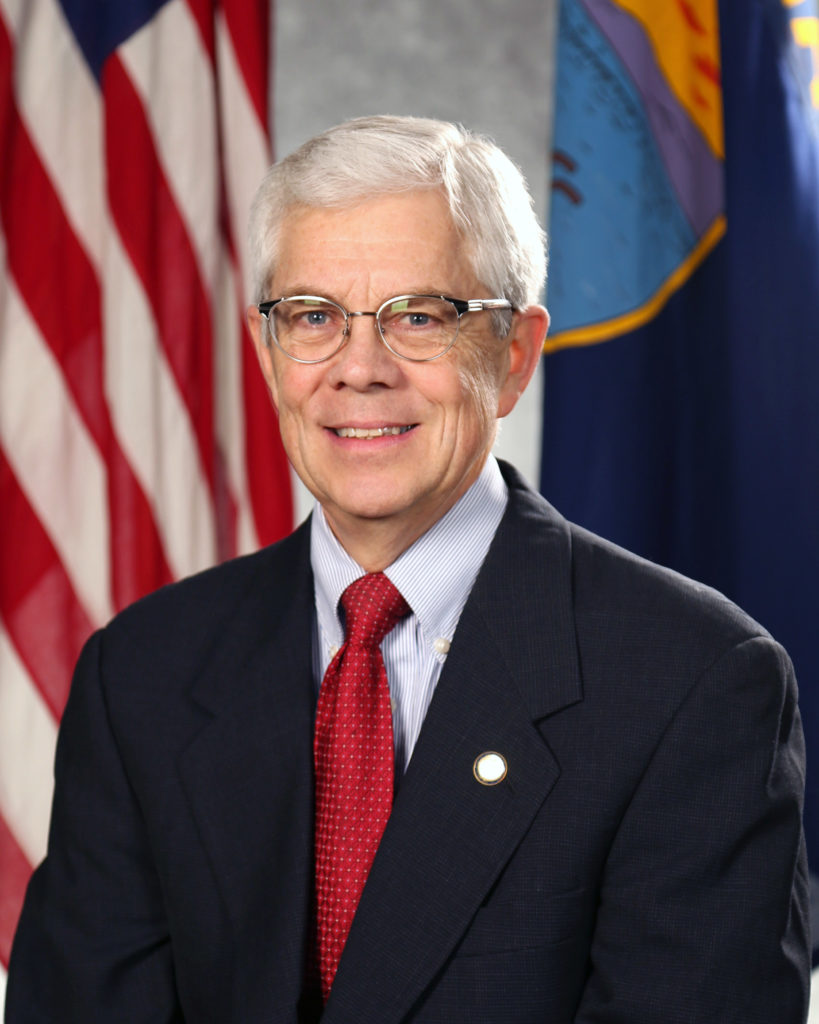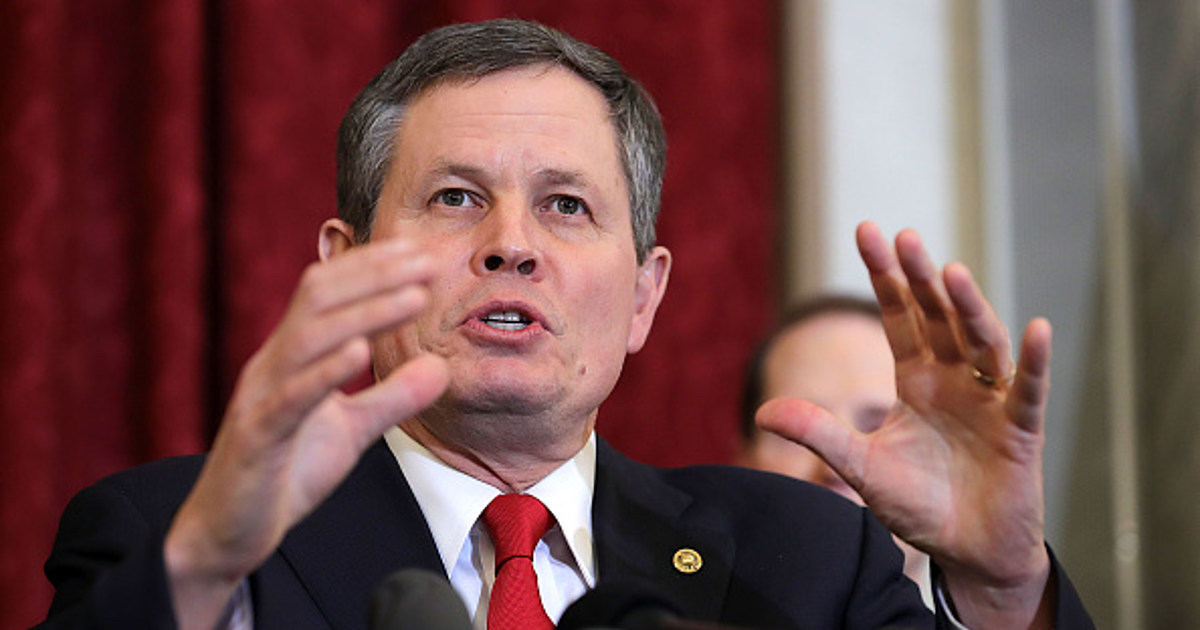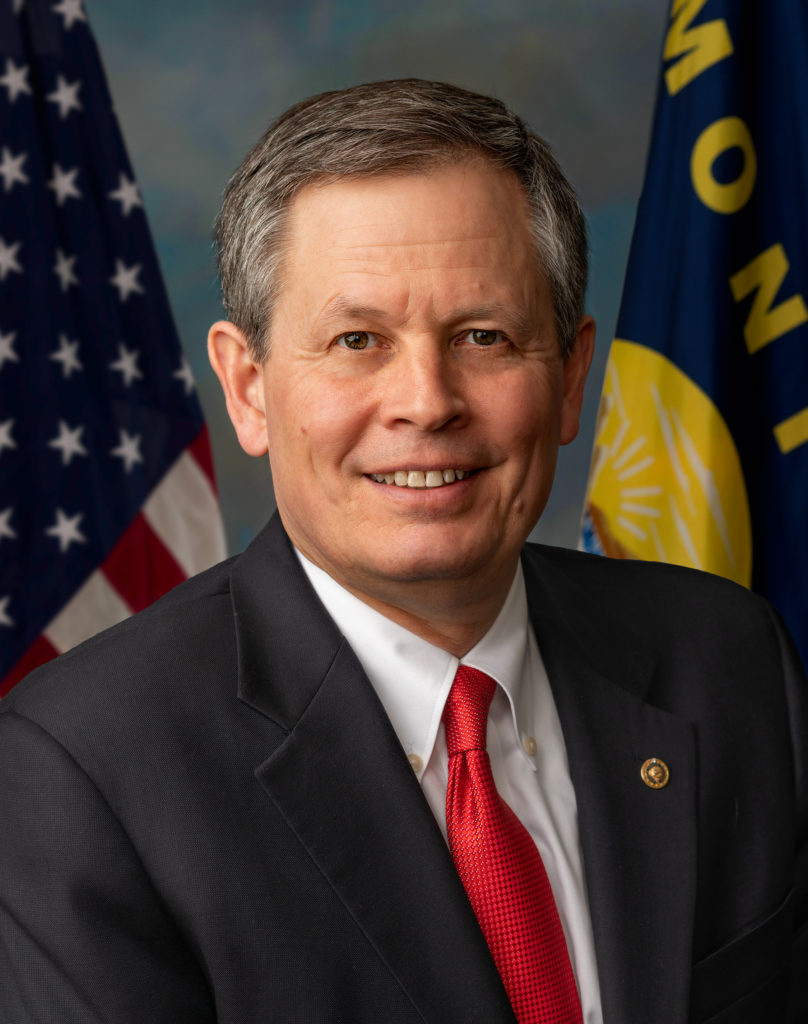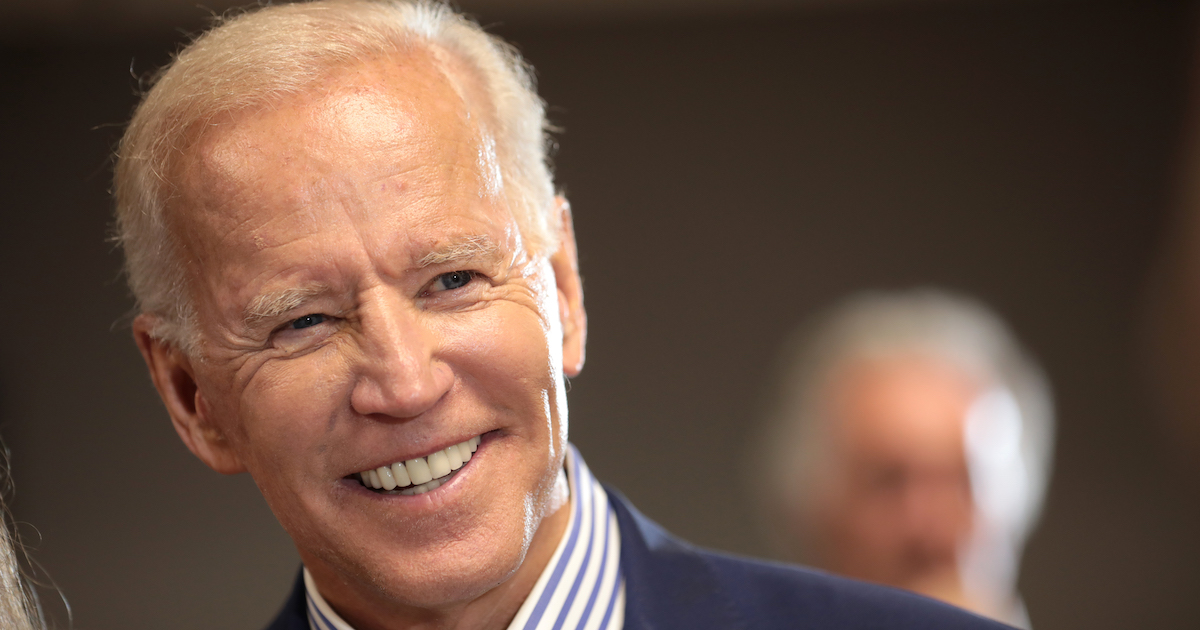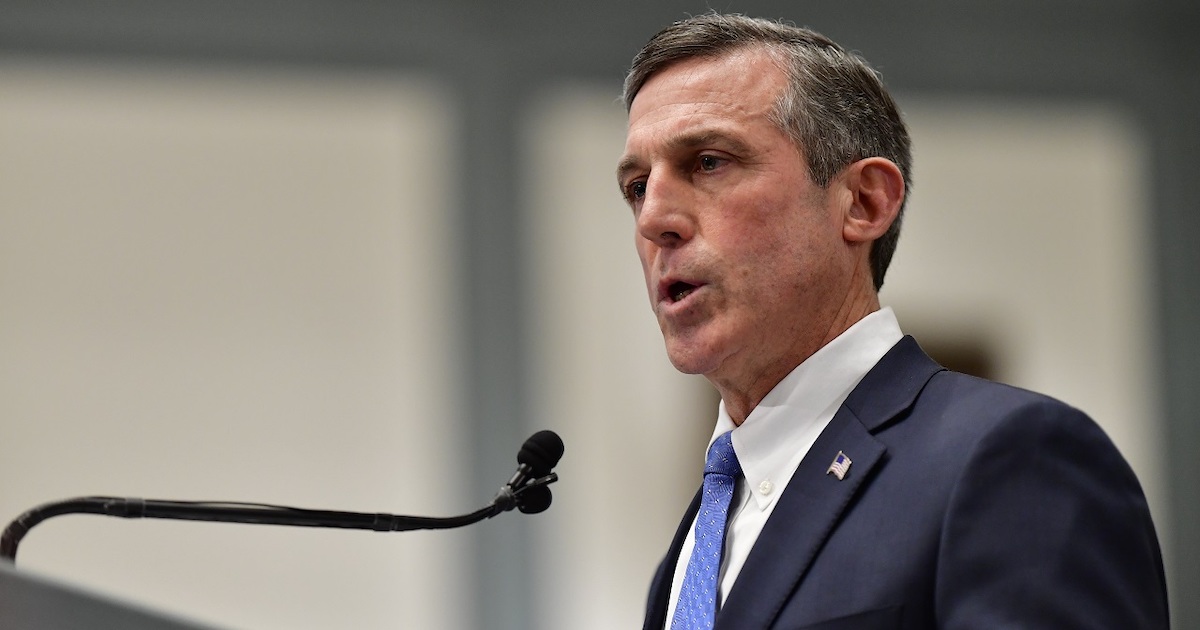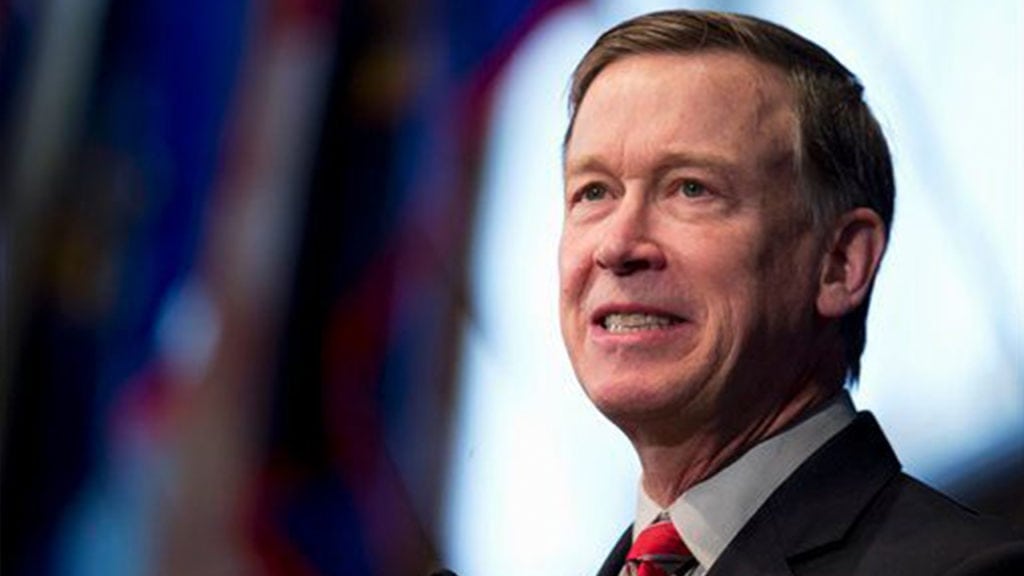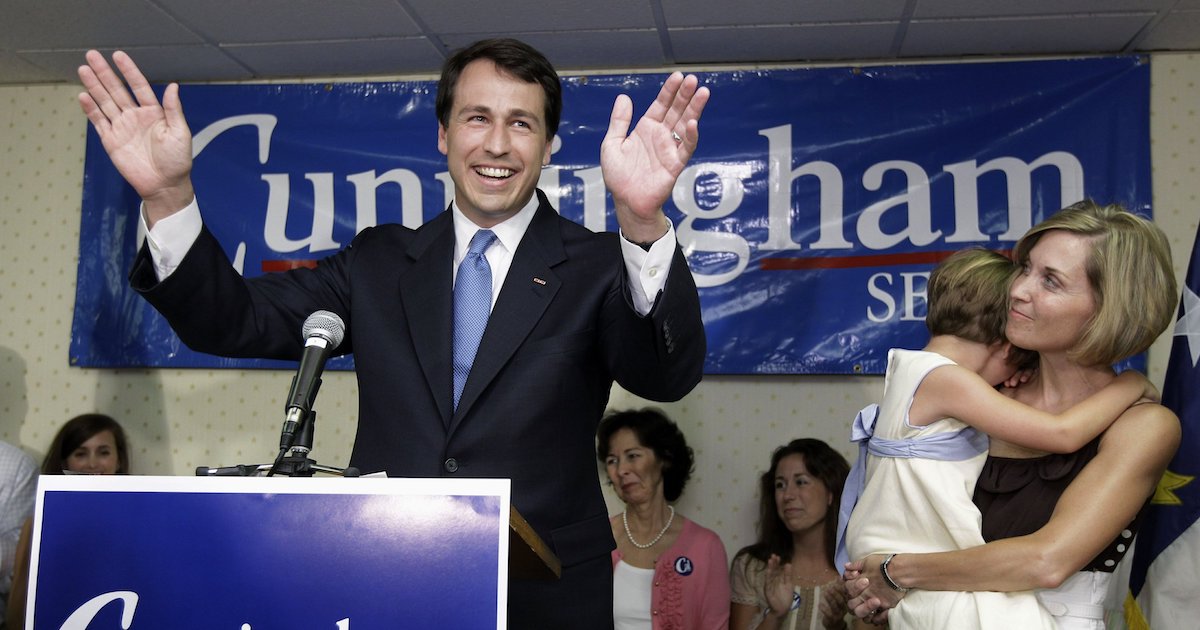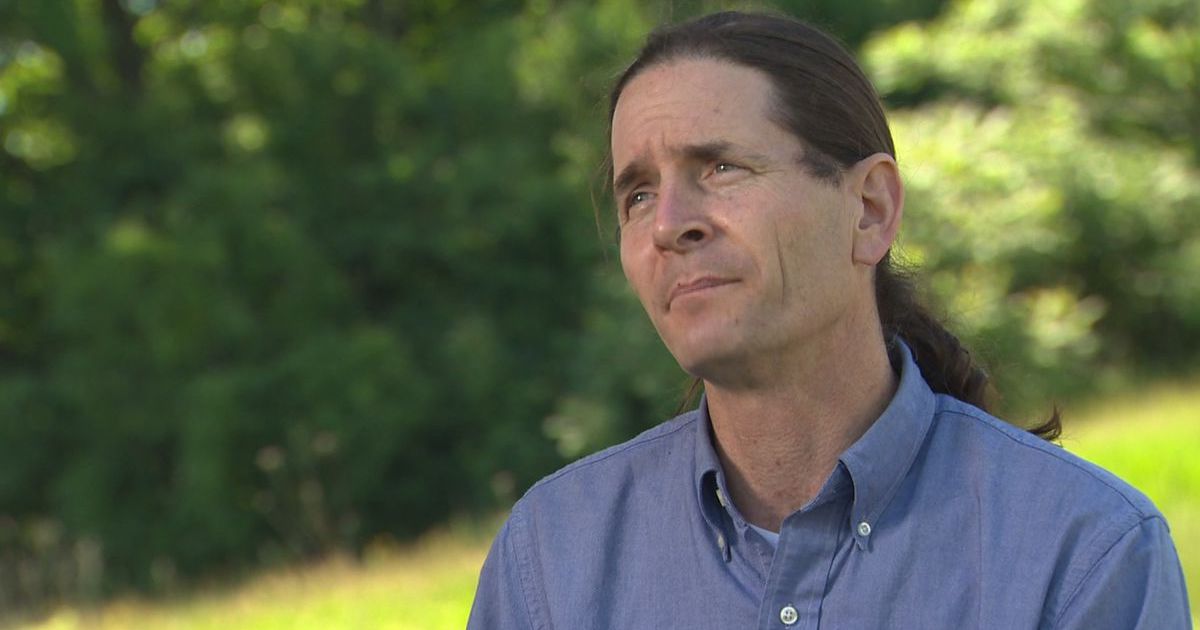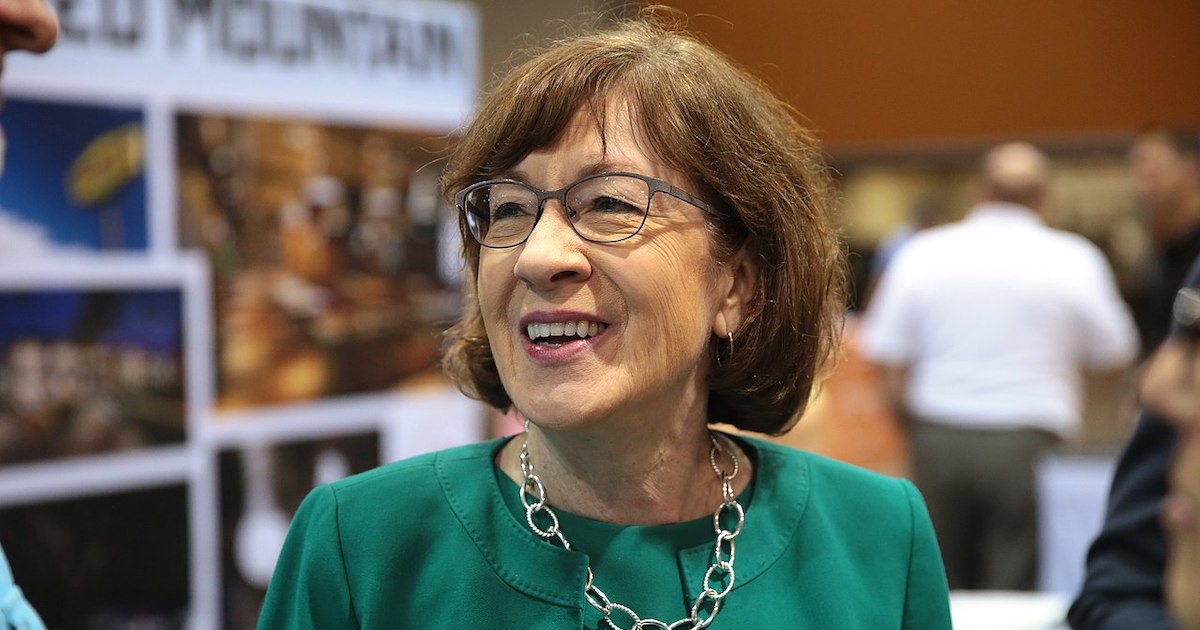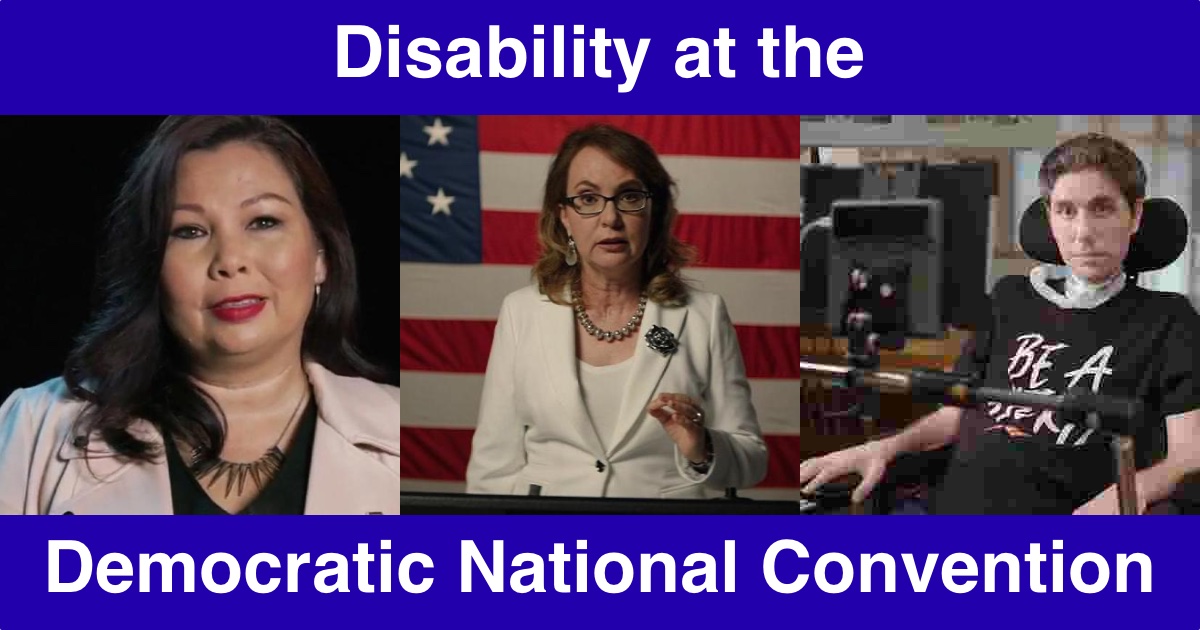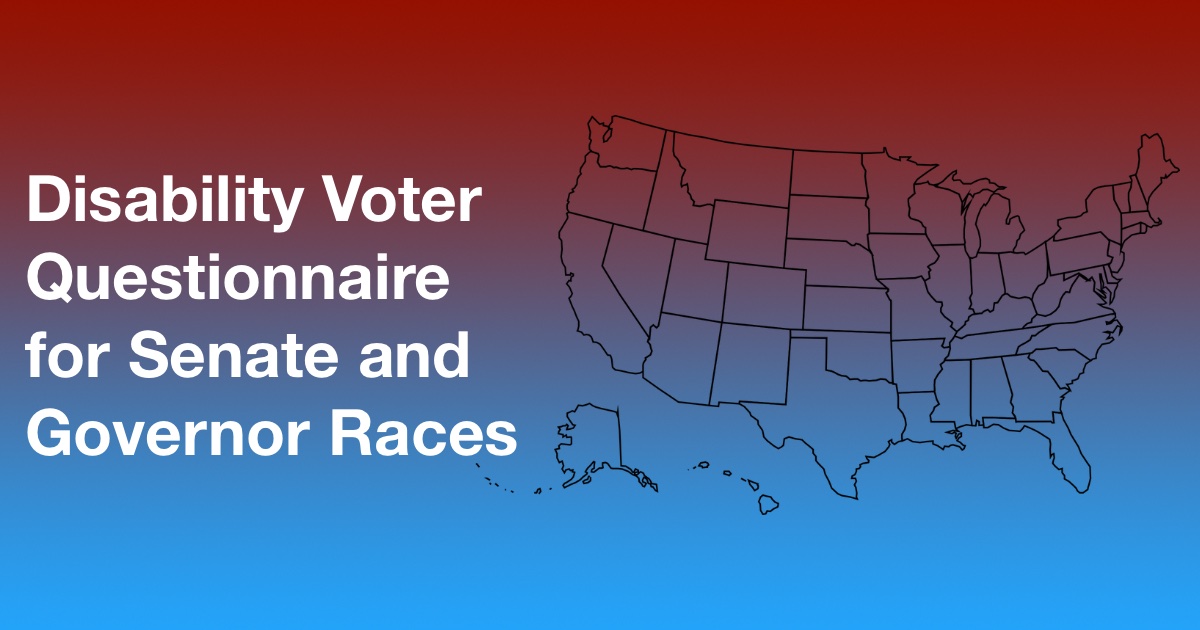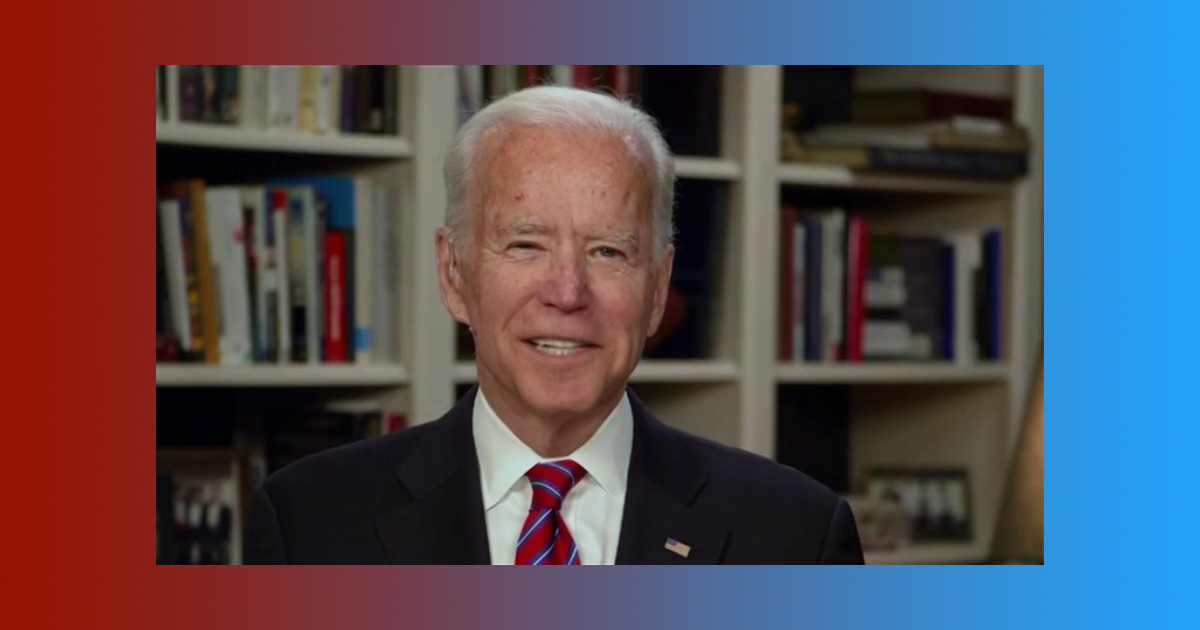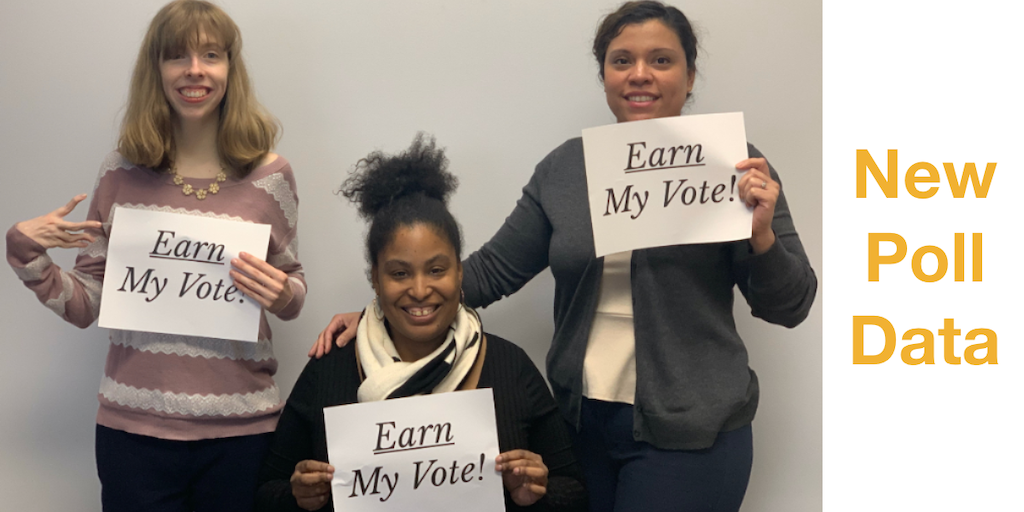Key actions and positions posted on the intersection of disability and education, jobs, immigration, climate crisis, criminal justice and more
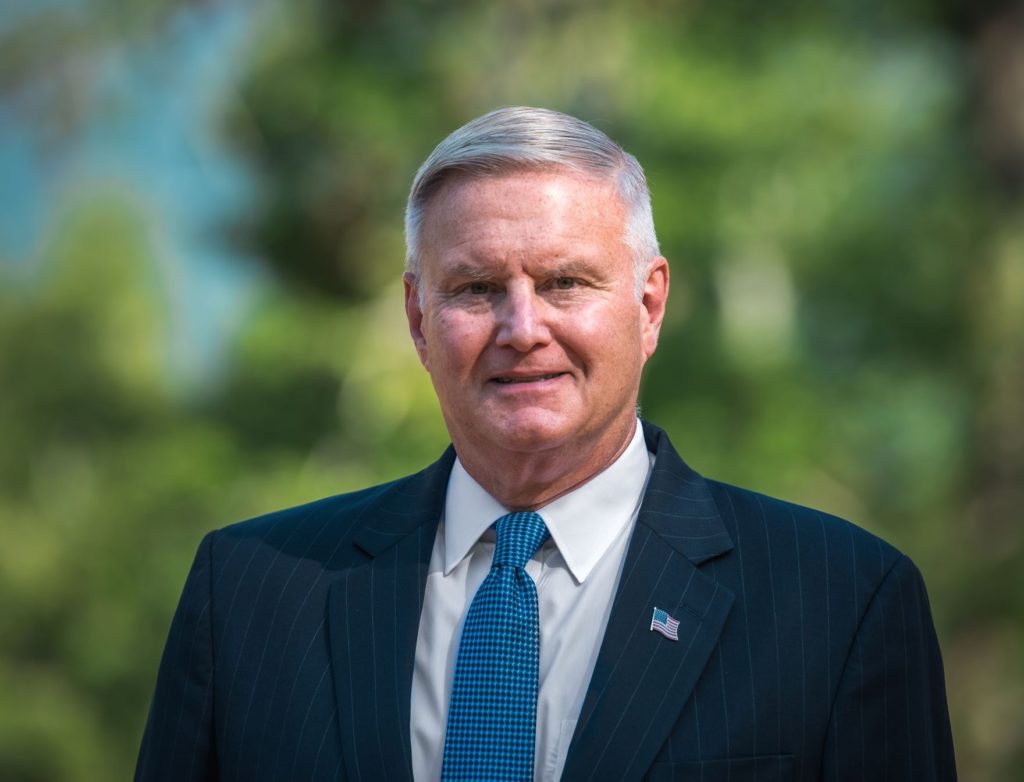
Raleigh, NC, Sept. 10 – Democratic congressional candidate, retired U.S. Air Force colonel, attorney, and educator Moe Davis has responded to a detailed candidate questionnaire on disability issues. The questionnaire is from RespectAbility, a nonpartisan nonprofit disability organization that does not endorse candidates. The questionnaire is purely for educational purposes. RespectAbility has reached out to key Senate and gubernatorial campaigns on both sides of the aisle and will be posting all responses on The RespectAbility Report. The full text of RespectAbility’s questions and Davis’ responses follows:
1. Learning during the COVID-19 pandemic has led to more issues and concerns for all students and their families, but this is especially true for students with disabilities. Additionally, the gap in graduation and drop-out rates between students with and without disabilities continues to undermine their futures. For example, in the class of 2018, only 66 percent of Black students with disabilities, 71 percent of Hispanic students with disabilities, 77 percent of white students with disabilities, and 79 percent of AsianAmerican students with disabilities completed high school. Furthermore, just seven percent of students born with a disability graduate from college.What is your plan for ensuring that all students with disabilities receive a quality and appropriate education to acquire the critical and marketable skills necessary to compete in a job-driven economy?
Public education is the cornerstone of our Democracy. I support the goals of the U.S. Dept of Education, including the Office of Special Education and Rehabilitative Services, Office for Civil Rights, Office of Elementary and Secondary Education, and Office of Postsecondary Education. These important offices have all played critical roles in ensuring access, equity, and opportunity to students with disabilities. They need to be fully funded with adjustments for inflation. I will work to include funding for specific technologies necessary to support students with disabilities and will listen to advocates who work tirelessly on their behalf. IDEA and ESSA are essential and should never be considered for cuts. All students should be strongly encouraged to take the same general tests with necessary accommodations, with only students with the most significant disabilities taking alternate tests based on alternate assessments. All students with disabilities should get an opportunity to graduate with a regular diploma.
